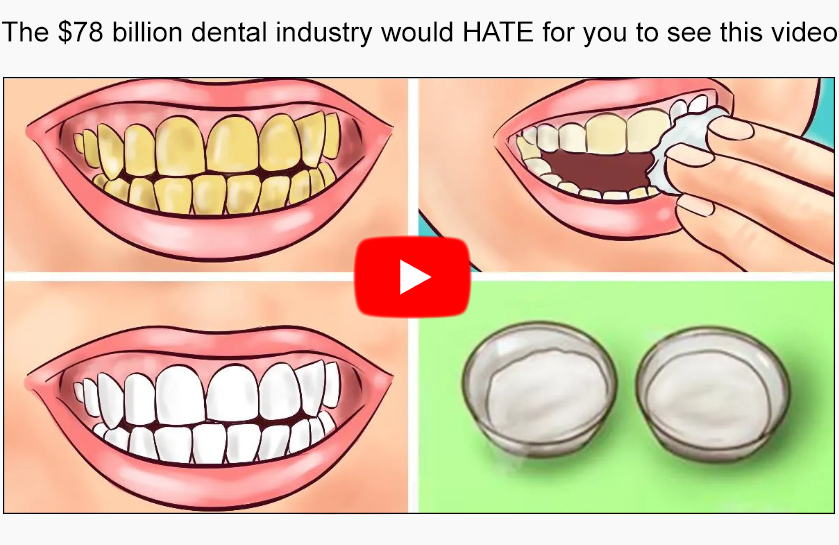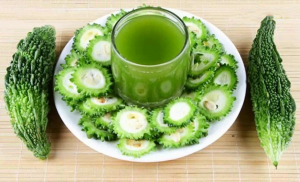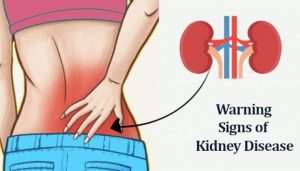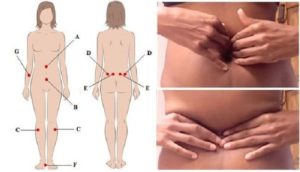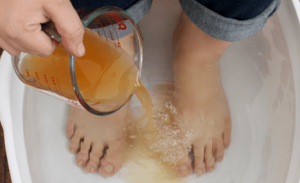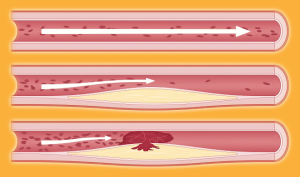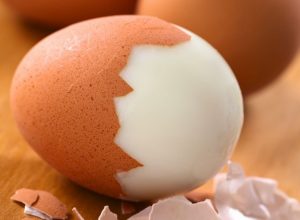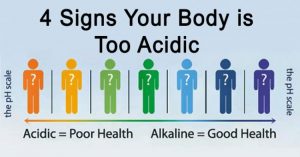Are you struggling to lose weight and maintain a healthy diet? You may have a toxic fatty acid that blocks weight loss.
Here's how a simple “Ice Hack” speed up my fat loss and helped me restore my health, watch now.
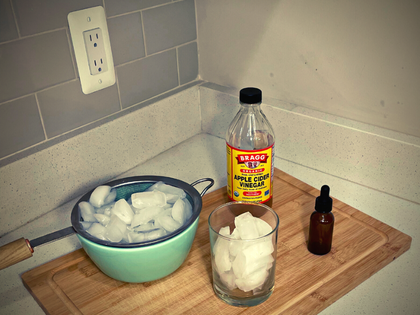
Salt definitely makes your food taste better, however, consuming too much salt can be harmful to your body. In fact, excess sodium intake has negative impacts on your health and well-being, since it triggers high blood pressure and weakens your immune system.
You’ve probably heard that most Americans eat too much sodium, and your diet is probably too high in sodium and too low in potassium. However, that doesn’t certainly mean you’re eating too much salt, though. It actually means that your diet needs some adjusting.
Here’s what happens in your body if you consume too much salt:
- Hypertension
High sodium levels in your blood elevate the risk of hypertension as the heart is forced to pump harder due to water retention. In addition, this adds more strain to internal organs and can cause damage to blood vessels and the heart muscle itself.
- Bloating
Eating more salt can promote water retention and swellings which occur in the hands, legs, and feet, as well as chronic bloating.
- Osteoporosis
People who consume high-sodium diets urinate more frequently due to the excess sodium-water ratio. However, each time you urinate, your body loses calcium, and weakens the bones, and encourages osteoporosis.
- Kidney problems
More salt in your body means the kidneys keep more water in the system. Thus, leads to kidney failure as the blood pressure affects arteries that go all the way to the kidneys.
- Brain fog
High levels of sodium intake can actually lead to cognitive decline, and brain fog is one of the early signs of it.
Therefore, it is of high importance to adjust your salt intake, and here are some useful tips:
- Avoid processed foods as they are high in salt, yet low in nutrients
- Don’t use too much salt while cooking
- Avoid canned or pre-packaged foods and focus on fresh fruits and veggies, and grass-fed meat
- Include more potassium-rich foods in your diet, as this mineral lowers blood pressure and neutralizes the effect of sodium
Source: legionathletics.com


